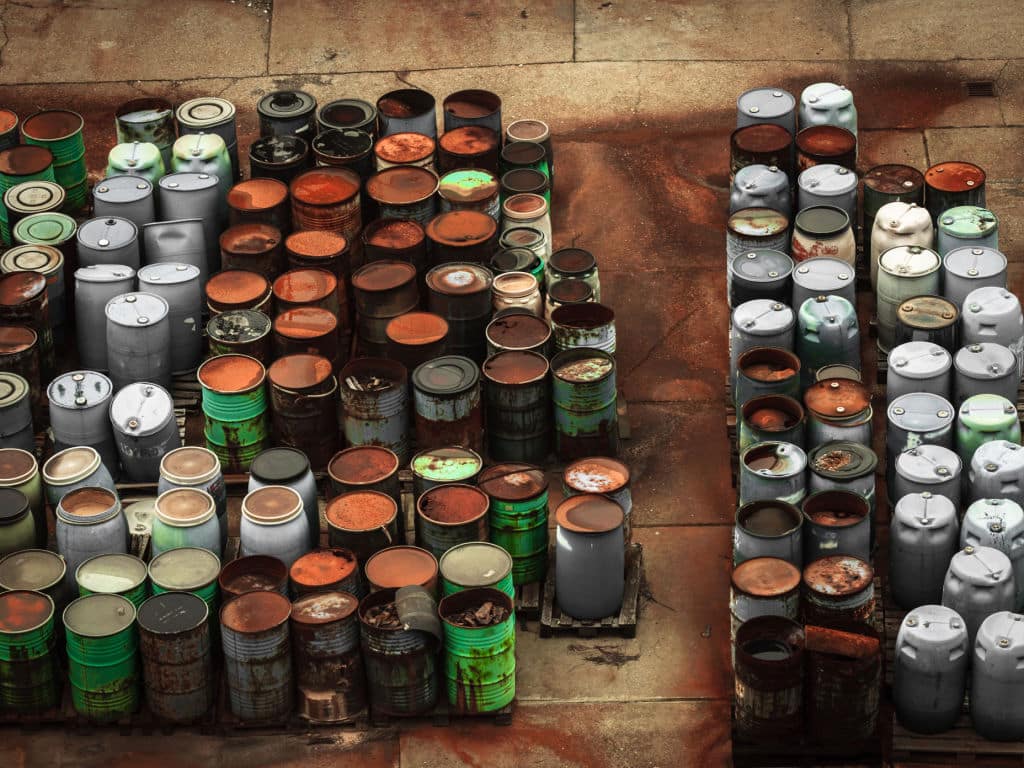By 2030, Ghana is expected to inaugurate its first nuclear power plant to meet the growing demand for electricity. This installation will generate waste that cannot be reused and is mainly characterised by the presence of radioactive products that emit radiation. In order to avoid the dumping of hazardous waste, Deep Geo Ghana and Ghana Geological Survey Authority (GGSA) have agreed to build a centre to store the future nuclear waste. The collaboration agreement was signed on 3 March 2023 between Deep Geo Ghana’s CEO, David Amoah, and Isaac K. Mwinbelle, the acting CEO of GGSA.
The geological repository will include underground tunnels and emplacement rooms for spent nuclear fuel containers. This waste can be isolated for a long period of time, reducing the risk to the environment and human health. This waste can contaminate the soil for several hundred years. In humans, a very high dose of external irradiation of the whole body, even for a short time, can be fatal, as it destroys a large number of cells, while internal contamination can be fatal if it affects vital organs (heart, liver, lung, central nervous system).
Conducting feasibility studies
Under the partnership agreement, GGSA will conduct geophysical studies and identify three candidate sites. The site with a stage geology (it is a stable geology that does not present any seismic or volcanic risk, etc. Editor’s note) will be selected as the preferred site for the future nuclear waste disposal facility. Project feasibility studies will also be carried out prior to the start of construction of the deep geological repository.
The Deep Geo Ghana and GGSA project is one of several initiatives to support Ghana’s nuclear power programme. The international radioactive waste management project will also be deployed in the West African country for the overall strengthening of nuclear safety and radiation protection at the national level.
This initiative of the International Atomic Energy Agency (IAEA), announced in January 2023, will notably allow the construction of radioactive waste treatment plants.
Inès Magoum
